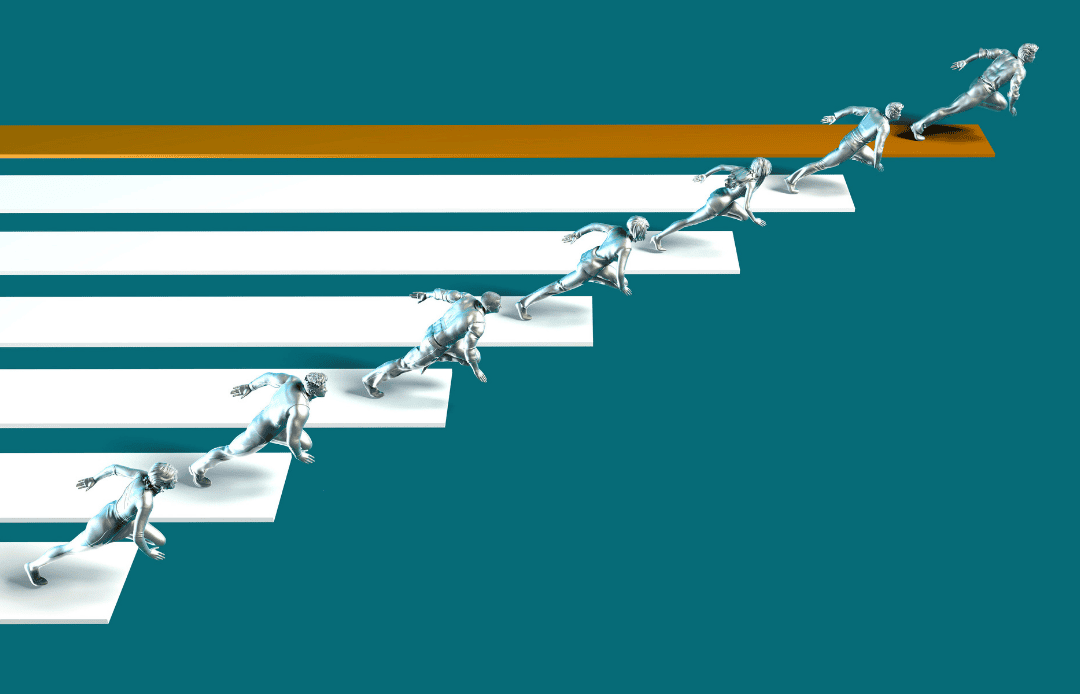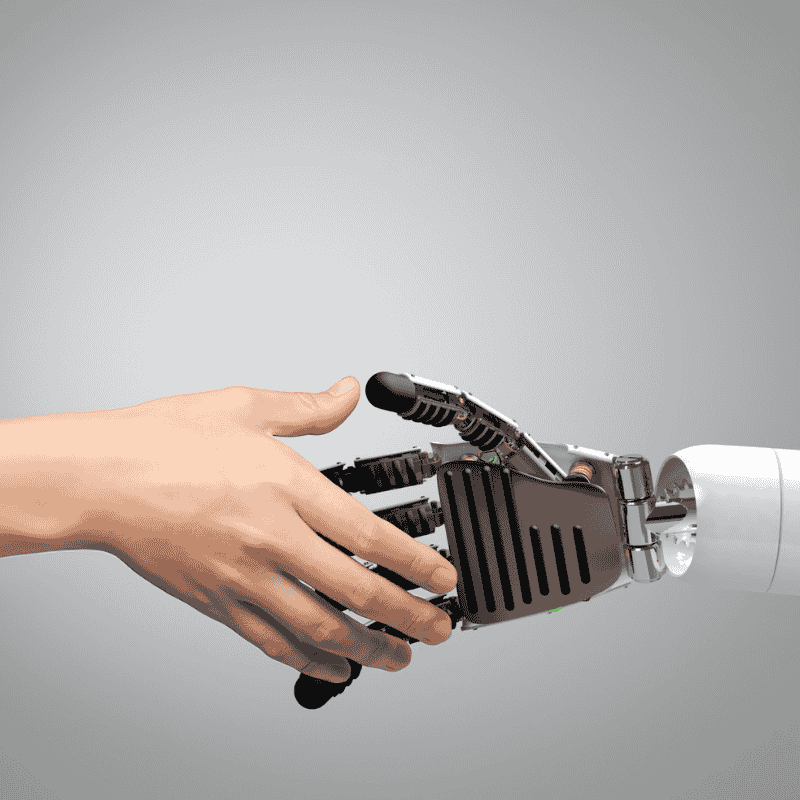Custom AI for Marketing Leaders: How Tailored Solutions Are Transforming Modern Marketing
Key Takeaways:
- Custom AI solutions allow marketing leaders to align automation tools directly with their brand identity and strategic goals.
- Tailored AI systems significantly enhance campaign efficiency, audience targeting, and ROI compared to generic AI tools.
- Effective implementation of custom AI requires strategic planning around data infrastructure, performance metrics, and ongoing refinement.
- Teams of all sizes—even small businesses—can achieve strong competitive advantages by partnering with specialized AI automation experts.
Introduction
Custom AI for Marketing Leaders is rapidly emerging as the gold standard for brands seeking efficiency, precision, and a long-term competitive edge. Unlike generic AI platforms that provide broad, rigid functionality, tailored AI solutions are specifically designed to align with your brand’s unique identity and marketing goals.
Many CMOs and digital strategists experience the frustration of working with off-the-shelf tools that fail to deliver personalized insight or meaningful automation. The result? Inefficient campaigns, misaligned messaging, and lost growth potential. The real opportunity lies in developing and implementing custom AI systems built for your brand alone.
In this article, we’ll uncover the advantages of personalized AI in the marketing landscape, explore integration best practices, and outline a step-by-step roadmap for tailoring AI to your organization’s growth goals.
Why Custom AI Is a Game-Changer for Marketing Leaders
Marketing leaders today face no shortage of AI tools promising efficiency and scale. However, these one-size-fits-all solutions often fall short in several key areas.
Common limitations of generic AI marketing tools include:
- Insufficient personalization
- Rigid workflows that don’t adapt to unique business processes
- Poor integration with existing marketing and CRM systems
These shortcomings can dilute brand messaging and limit ROI, leaving business leaders wondering if AI is worth the investment. That’s precisely where custom AI for Marketing Leaders rises above the noise.
Benefits of adopting custom AI include:
- Brand-Specific Insight: AI models can be trained on internal data and customer profiles to generate insights that are highly relevant and aligned to your brand’s buyer journey.
- Advanced Segmentation and Personalization: With personalized AI solutions, marketers can design campaigns that speak directly to micro-segments and drive higher conversion rates.
- Flexible, Scalable Workflows: Tailored AI tools automate tasks based on your internal processes, not someone else’s idea of best practices.
Consider companies like Distribution AI, a platform that enables marketers to scale content distribution without sacrificing quality (Source). Their customization-focused approach helps brands repurpose content effectively—something generic tools struggle to do well.
Furthermore, O’Reilly reports that 51% of organizations now build custom AI systems in-house or in partnership with experts, reinforcing the importance of a tailored approach over prepackaged software (Source).
Aligning Custom AI with Your Brand and Goals
To truly benefit from custom AI, marketing leaders must begin by understanding their unique positioning and aligning those factors with key automation features.
1. Clarify Brand Identity and Strategic Objectives
Before any lines of code are written or models trained, successful AI implementation begins with deep discovery. Ask:
- What differentiates our brand?
- Who are our highest-value customers?
- What are our most important campaign KPIs?
This level of introspection ensures your AI system is built to enhance—not replace—your marketing team’s strengths.
2. Prepare and Structure Quality Data
AI’s power lies in data, and a well-prepared dataset gives custom models the fuel they need to produce meaningful results. For marketing leaders, this typically includes:
- CRM data
- Behavioral analytics
- Customer feedback and reviews
- Email and content performance metrics
Tailoring your AI system to work with proprietary data enables hyper-personalized marketing strategies and incredibly granular targeting.
3. Build Features Aligned to KPIs
Whether you’re looking to improve lead generation, increase email open rates, or deepen customer retention, the AI must be engineered to support those goals.
As seen in research from Google’s Think with Google initiative, top-performing marketing teams leverage AI to speed up time-to-insight and action by setting clear metrics from the start (Source).
Steps to Implementing Custom AI in Your Marketing Strategy
Once your goals and data are in place, it’s time to implement your custom AI solution. Follow these foundational steps:
1. Assess Your Marketing Stack for AI Readiness
Understanding your current tech ecosystem is essential. Review:
- Existing automation tools and CRMs
- Data pipelines and analytics dashboards
- Content and campaign management platforms
This audit helps identify where AI can best fit and eliminate redundancy.
2. Partner with Experienced AI Experts
Custom AI for Marketing Leaders doesn’t have to be a solo endeavor. Specialized AI development firms offer agile collaboration and minimize upfront investment costs, as highlighted in the O’Reilly report (Source).
These partners can help you scope, prototype, and deploy AI models that complement your workflows.
3. Test, Optimize, and Iterate
AI projects require iterative development. Start small with test campaigns. Measure outputs against clear KPIs, such as:
- Engagement rates
- Sales conversions
- CAC and LTV ratios
Ongoing optimization ensures your AI continues to adapt with market changes and internal strategic shifts.
4. Plan Budget and Timeline Realistically
While some AI projects are large-scale, custom solutions can often be implemented affordably, especially with modular development. Many small to midsize marketing teams begin generating returns within 3–6 months of implementation.
According to McKinsey, AI can now automate up to 20% of sales functions (Source), dramatically reducing human workload and speeding up ROI realization.
Frequently Asked Questions
Q: What is the difference between custom AI and off-the-shelf AI marketing tools?
A: Off-the-shelf tools offer general features designed for a broad audience. In contrast, custom AI solutions are tailored to your specific goals, data, user behavior, and branding—resulting in deeper insight, better accuracy, and higher performance.
Q: How long does it typically take to develop and implement a custom AI solution for marketing?
A: Depending on scope, implementation can range from a few weeks to 3–6 months. Fast deployments are possible with agile methods and focused KPIs.
Q: Can small businesses with limited data still benefit from custom AI systems?
A: Yes. Small businesses can work with AI development partners who specialize in building scalable models that evolve as your data grows—offering a cost-effective route to advanced automation.
Call to Action
Ready to unlock the full potential of AI tailored specifically for your marketing leadership goals?
Book a free consultation with our AI automation experts today and discover how a custom AI strategy can transform your brand’s performance, drive data-driven marketing, and position your business for long-term success. Visit our About Us page for more information.
By embracing custom AI for Marketing Leaders, you position your brand to outpace competitors using outdated, generic tools. The future of marketing belongs to those who not only harness AI—but shape it around their unique vision. Check out our Services for more on how we can help.






0 Comments